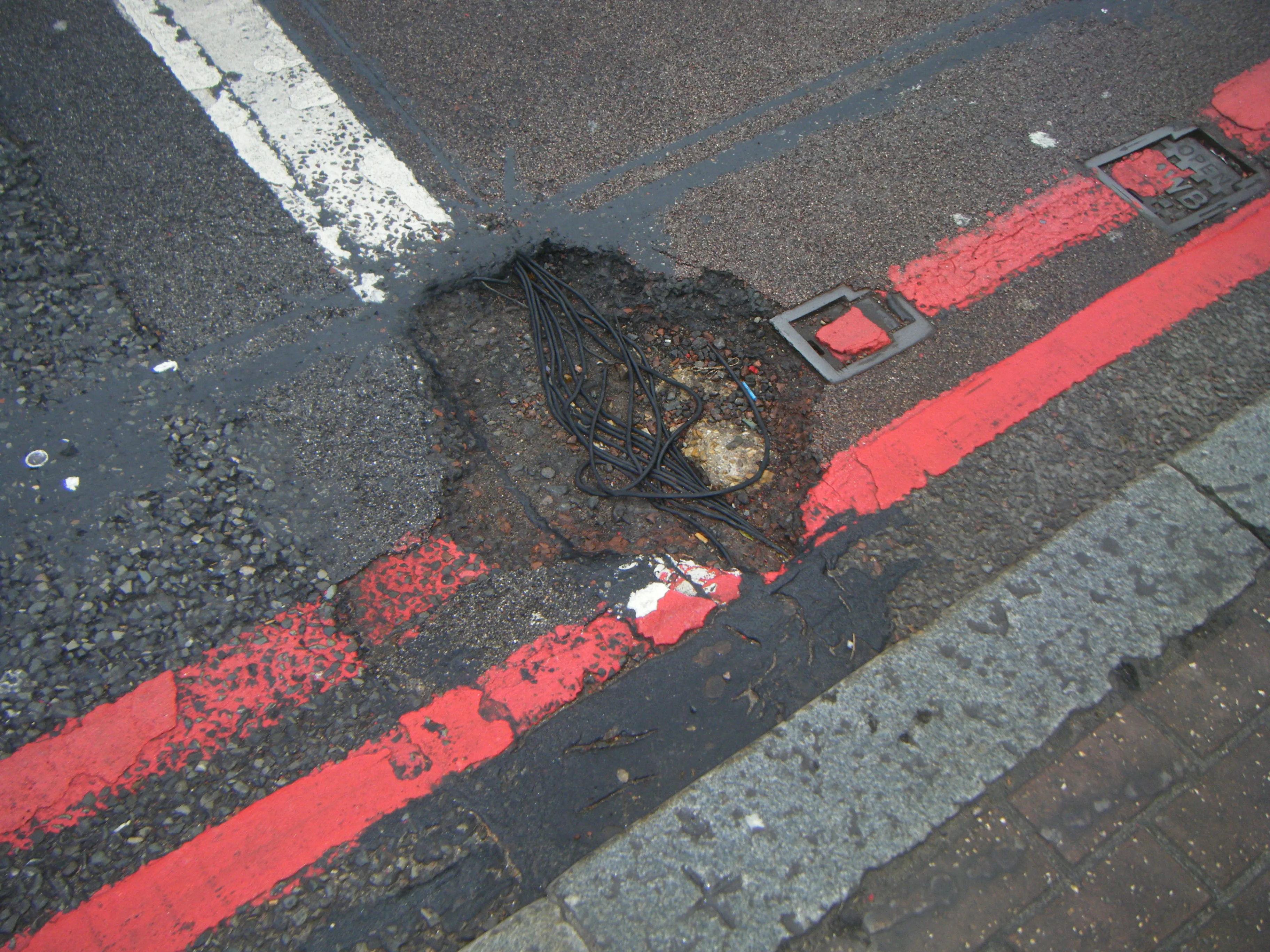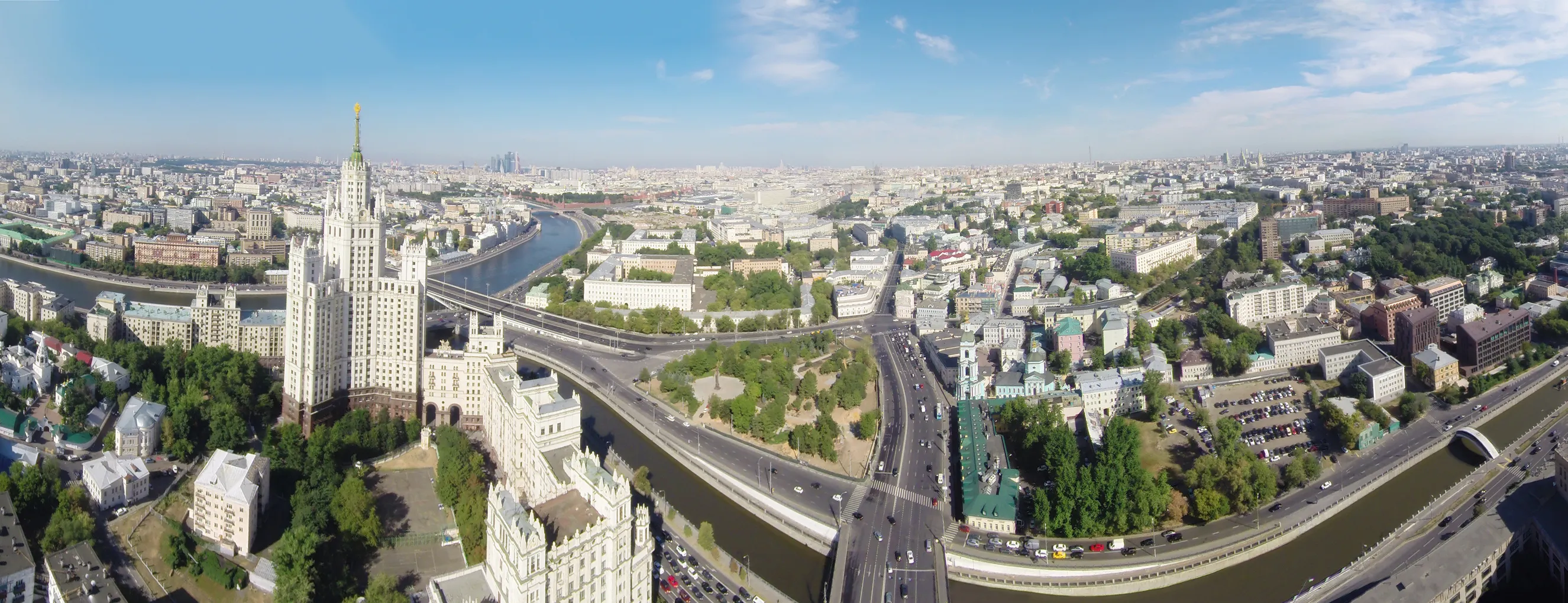Arab partners have been secured as co-investors for construction of the third and fourth phase of Moscow’s Central Ring Road, Russia’s Interfax news agency reported.
Kirill Dmitriev, head of the Russian Direct Investment Fund (RDIF), made the announcement earlier this month during a meeting of the State Council's presidium in Novosibirsk, chaired by president Vladimir Putin.
Dmitriev did not name the Arab partners but said they “have confirmed their desire” to invest in the third and fourth phases.
October 16, 2014
Read time: 2 mins
Arab partners have been secured as co-investors for construction of the third and fourth phase of Moscow’s Central Ring Road, Russia’s Interfax news agency reported.
Kirill Dmitriev, head of the Russian Direct Investment Fund (RDIF), made the announcement earlier this month during a meeting of the State Council's presidium in Novosibirsk, chaired by president Vladimir Putin.
Dmitriev did not name the Arab partners but said they “have confirmed their desire” to invest in the third and fourth phases.
“We are working intensively with the Transportation Ministry and Rosavtodor (Russian Federal Road Agency) to raise that investment,” he said. “Another co-investor will be one of the leading non-state pension funds.”
Rosavtodor earlier said that it was going to secure US$1.73 billion ( €1.35 billion) with a pool of Chinese investment banks for construction of the road that is reported due for completion in 2018.
World Highways reported in September last year that the new road will be 339km. It is expected to be comprised of five sections and will be located 50km away from Moscow Ring Road, a ring road encircling the City of Moscow.
The road will have 4-8 lanes in each direction, with the maximum permitted speed 120-140km/h. In accordance with the project, the new road will be based on existing small and large Moscow ring roads (the so-called first and second ‘betonkas’) and will partly pass through the Moscow - Minsk and Moscow - Saint-Petersburg highways.
Read the full World Highway’s report %$Linker:2 Internal <?xml version="1.0" encoding="utf-16"?><dictionary /> 2 14567 0 oLinkInternal here New Central Ring Road around Moscow to be built by 2018 false /sections/emergent/features/new-central-ring-road-around-moscow-to-be-built-by-2018/ true false %>
Kirill Dmitriev, head of the Russian Direct Investment Fund (RDIF), made the announcement earlier this month during a meeting of the State Council's presidium in Novosibirsk, chaired by president Vladimir Putin.
Dmitriev did not name the Arab partners but said they “have confirmed their desire” to invest in the third and fourth phases.
“We are working intensively with the Transportation Ministry and Rosavtodor (Russian Federal Road Agency) to raise that investment,” he said. “Another co-investor will be one of the leading non-state pension funds.”
Rosavtodor earlier said that it was going to secure US$1.73 billion ( €1.35 billion) with a pool of Chinese investment banks for construction of the road that is reported due for completion in 2018.
World Highways reported in September last year that the new road will be 339km. It is expected to be comprised of five sections and will be located 50km away from Moscow Ring Road, a ring road encircling the City of Moscow.
The road will have 4-8 lanes in each direction, with the maximum permitted speed 120-140km/h. In accordance with the project, the new road will be based on existing small and large Moscow ring roads (the so-called first and second ‘betonkas’) and will partly pass through the Moscow - Minsk and Moscow - Saint-Petersburg highways.
Read the full World Highway’s report %$Linker:







